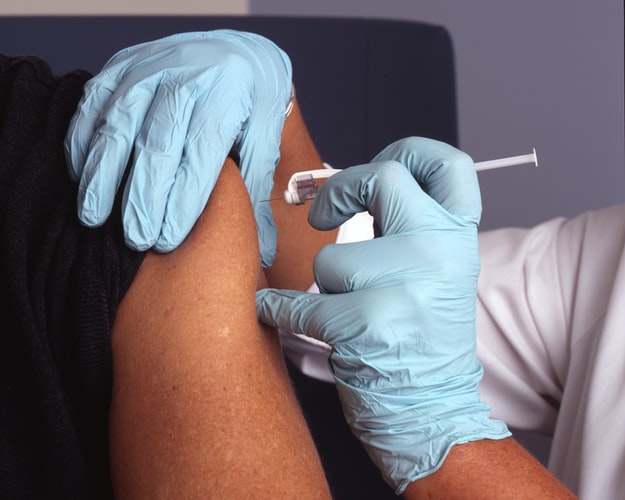
Can I Go to Work If I Received a Positive COVID19 Antibody Test Result?
There’s been a lot of speculation about what a positive antibody test might mean for COVID-19 and those who may have been previously infected. Does the presence of antibodies definitively mean someone has previously been infected? Can a positive antibody test mean someone is currently infected? Am I immune to COVID19 if my antibody test result is positive?
The reality is, some questions still remain unanswered about antibodies. For example, doctors aren’t sure to what degree someone with antibodies is immune from repeat infection. But any information gleaned from the test is an additional piece to the puzzle of COVID19, one we can add to the table and use to make informed decisions about how we live and work.
What does it mean to get a positive result for a COVID19 antibody test?
The COVID-19 antibody test, or serology test, identifies the presence of certain proteins in a patient’s blood that indicate a response to the virus. Antibodies are the body’s way of preventing infection from the same virus that it previously fought. What’s interesting for those of us who are less familiar with virology is that, with COVID, antibodies don’t usually start developing until one to three weeks after infection, usually after symptoms have dissipated, and often after the infection is gone.
What does this mean for those with antibodies? The Centers for Disease Control (CDC) advises that, in general, a positive antibody test indicates a person was previously infected with COVID19, but it does not indicate a current infection. The bigger questions surround what these types of tests can mean for reintegration to normal life and our jobs.
Does a positive antibody test mean I am immune to the coronavirus disease?
The CDC advises that there is currently not enough information available regarding antibodies and serology tests to say a person is immune from COVID-19 with a positive antibody test result. While studies are ongoing, some COVID-19 reinfections occur, according to the CDC. These cases are rare, but there is still not enough information regarding antibodies including those who may have been exposed, those who have received a vaccination, or those who are not fully vaccinated.
Adding to the unknown, false positives can occur with serology tests—which inhibits the CDC from making any global statements regarding immunity if the serology test itself can’t be fully accurate.
Can I go to work if I test positive for COVID19 antibodies?
COVID-19 interrupted our daily routines on a global level—from wearing masks in public to adapting to working remotely to relying on grocery shopping from home. What was most often a point of contention: when and how do we return to life as normal? Even before vaccines were available, the presence of antibodies was an important way to determine whether or not someone had been infected, and led to questions about reinfection.
While the CDC says some reinfections do occur, it’s rare for reinfection to occur in someone with antibodies. For determining your return to work, more factors need to be included: if you receive a positive antibody test, are not showing symptoms and have not been exposed to someone infected with the virus recently, you are likely not infected and can return to normal functions, including work.
COVID19 antibody test for measuring vaccine effectiveness?
The relationship between vaccines and antibody tests is complicated. For example, someone who receives a serology test after being vaccinated might show a positive antibody test result due to the vaccine instead of a previous infection. But one connection that is being made is in using antibody tests to gain widespread information about vaccine effectiveness and herd immunity. A study by Northwestern, for example, reported in March 2021 that they had enrolled 10,000 people in the Chicago area for an at-home antibody blood test to help better understand immunity, vaccination, and antibody presence in a large sect of the population.
Studies like this show the importance of using the tests currently available to learn more about COVID19.
At BioCollections Worldwide we consider continued COVID and COVID antibody testing highly effective in learning more about the virus and helpful to efforts in preventing the spread of the virus. We at BioCollections provide straightforward, affordable, fast COVID-19 testing and serology tests to get our patients answers as quickly as possible, knowing this timely information can be crucial to quarantine efforts or returning to life as normal.
With over twenty years’ experience, over six locations in the US—and more affiliates and subsidiaries internationally—we look to provide exceptional testing wherever needed. Want to learn how BioCollections works to provide the best in COVID testing and research? Contact us today to learn more about how we can help.
